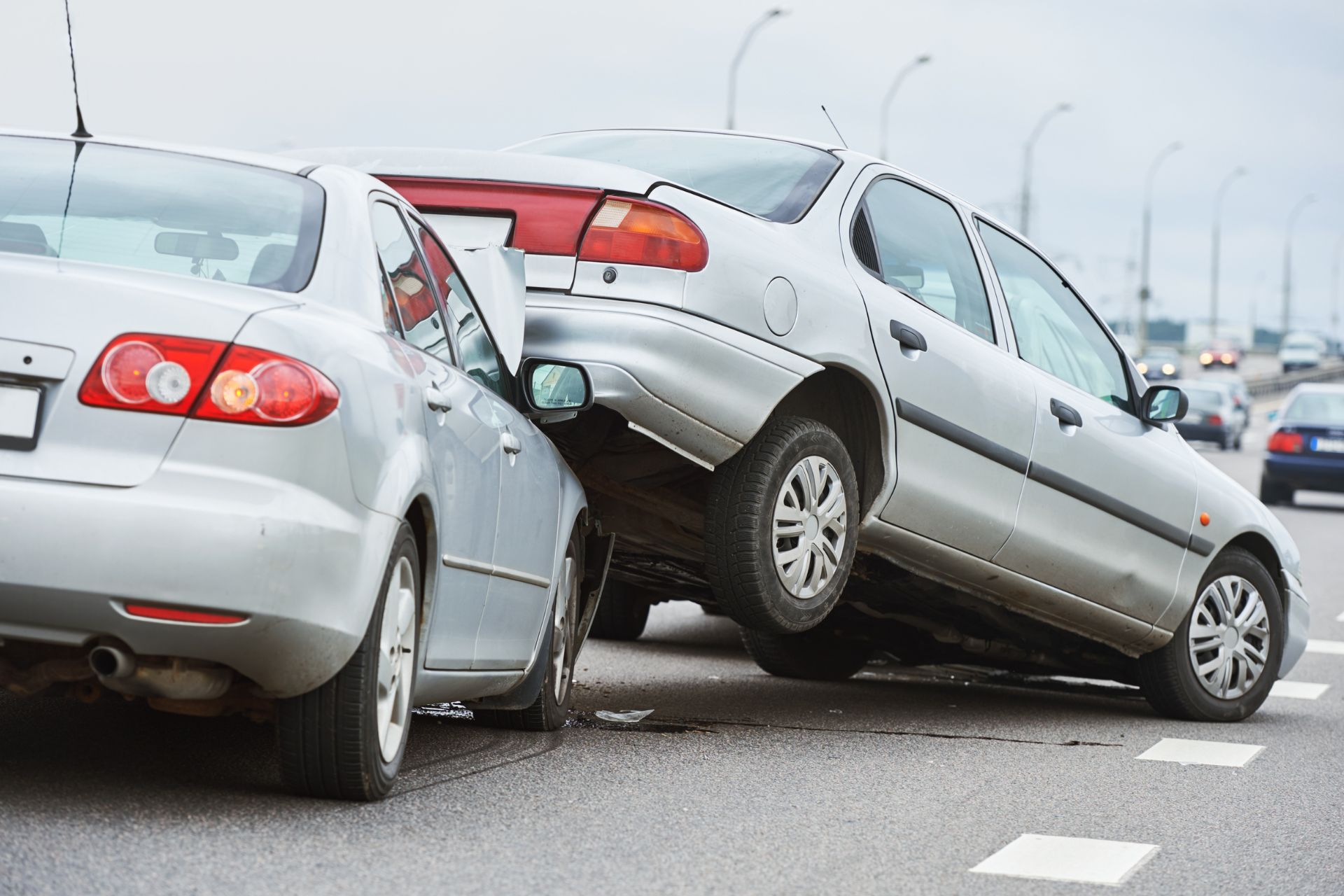Accidents involving multiple vehicles, conflicting accounts, or unclear circumstances can make proving fault challenging. In such cases, having an experienced car accident lawyer is invaluable, as they provide the insight, strategy, and resources needed to establish liability. This article explores how a legal professional can help establish fault in complex accidents, guiding victims through the process to secure compensation for damages and injuries.
Understanding the Complexity of Multi-Vehicle Accidents
Multi-vehicle accidents—often called “pile-ups”—occur when more than two vehicles are involved in a crash. Establishing liability in these cases can be difficult because each driver may have contributed to the accident. Often, factors such as road conditions, vehicle malfunctions, or distracted driving come into play, and determining which parties are liable requires careful analysis.
Additionally, insurance companies may attempt to minimize payouts by disputing claims, leading to a prolonged process. This is where a car accident lawyer can step in, gathering critical evidence, analyzing accident reports, and reconstructing the sequence of events to build a solid case for their client.
The Initial Steps: Collecting and Preserving Evidence
A car accident lawyer’s first priority is collecting and preserving evidence. In a complex accident, several types of evidence are crucial to proving fault, including:
- Police Reports
- A police report can provide an initial assessment of fault based on officer observations and witness statements. While not definitive in court, these reports are influential, and a lawyer can work with law enforcement to obtain detailed, helpful information for your case.
- Eyewitness Testimonies
- Witness accounts are invaluable, as they can offer a neutral perspective on the accident. Personal injury lawyers often interview witnesses or collaborate with investigators to collect thorough statements, which can be vital in cases where fault is disputed.
- Photographic and Video Evidence
- Photographs of the accident scene, damage to vehicles, and visible injuries can be essential in supporting claims. Many intersections and highways are equipped with surveillance cameras, and some drivers use dash cams, both of which can provide compelling visual evidence. An attorney will often secure this evidence early on to bolster the case.
- Accident Reconstruction
- For complex or severe accidents, car accident lawyers frequently partner with accident reconstruction specialists. These professionals use physics, vehicle data, and scene analysis to recreate how an accident likely occurred, which can be persuasive in proving fault in court or during negotiations.
Navigating Fault and Liability in Comparative Negligence States
In some regions, “comparative negligence” laws apply, meaning that each party involved in an accident can hold a portion of the blame. This doctrine can reduce the compensation a victim receives based on their percentage of fault. For example, if a driver is deemed 30% at fault, their settlement may be reduced by that percentage.
A skilled car accident lawyer helps clients navigate comparative negligence by advocating to minimize their client’s fault and presenting evidence that places a higher percentage of blame on the other parties. This can significantly impact the compensation received, making legal guidance invaluable in complex multi-party accidents.
Dealing with Insurance Companies
One of the most challenging aspects of a complex accident case is dealing with insurance companies, as multiple insurers may be involved in multi-vehicle accidents. Insurance companies often seek to reduce their liability and may dispute fault or offer low settlement amounts. A car accident lawyer is crucial here for several reasons:
- Expert Negotiation Skills
- Personal injury lawyers are skilled negotiators who understand insurance company tactics. They advocate on behalf of their clients, negotiating settlements that accurately reflect the damages sustained and pushing back against attempts to downplay or dispute the claim.
- Handling Communications
- A lawyer manages all communications with insurance companies, ensuring that statements are accurate and that no information is disclosed that could be used to diminish the claim. This reduces stress for clients and helps prevent inadvertent errors that could impact the case.
- Evaluation of Settlement Offers
- When multiple parties are involved, each insurance company may present a settlement offer based on their assessment of fault. A lawyer evaluates these offers objectively and can advise whether it’s in the client’s best interest to accept or pursue further action.
Presenting a Case in Court
While many car accident cases are settled outside of court, complex multi-party accidents are more likely to go to trial due to the intricacies involved. Should a case proceed to court, a law firm’s litigation experience becomes crucial. An experienced attorney builds a compelling case by:
- Presenting Evidence Clearly
- Lawyers organize and present evidence in a manner that clarifies fault for the judge or jury. They may use exhibits, video footage, expert witness testimonies, and accident reconstructions to illustrate how the accident unfolded.
- Cross-Examination of Witnesses and Experts
- In court, lawyers may cross-examine opposing witnesses or accident experts to challenge alternative versions of events. This can weaken the defence’s case and strengthen the argument for their client.
- Establishing Damages
- In addition to proving fault, lawyers also demonstrate the extent of damages, including medical expenses, lost income, pain and suffering, and other personal injury-related losses. This ensures that clients receive fair compensation for both tangible and intangible damages.
The Importance of Choosing the Right Car Accident Lawyer
When selecting a car accident lawyer, look for experience with multi-vehicle and complex accidents. A law firm specializing in personal injury cases will have the resources, expertise, and network of professionals needed to handle these cases effectively. A well-established lawyer can navigate the various aspects of a complex case, from investigation to negotiation to litigation.
Working with a lawyer familiar with local laws and court systems can provide an additional advantage. Local law firms often have insights into regional insurance practices and may have established relationships with accident reconstruction experts or medical professionals in the area.
The Role of Technology in Proving Fault
In recent years, technology has played a growing role in car accident cases. For instance, many newer vehicles are equipped with data recorders (similar to “black boxes” in airplanes) that capture critical data like speed, brake application, and steering inputs before an accident. This data can provide valuable insights into how an accident occurred.
A knowledgeable car accident lawyer will understand how to retrieve, analyze, and use this data to support their client’s case. Additionally, advancements in 3D modelling and virtual reality can recreate accident scenes, allowing juries to better understand how an accident likely happened. This innovative approach can be especially impactful in court.
Final Words
Establishing fault in a multi-vehicle accident is a complex, detail-oriented process that requires legal expertise, strategic thinking, and a thorough investigation. A car accident lawyer provides the resources and knowledge necessary to navigate this process, collecting evidence, working with experts, and negotiating with insurers to ensure that clients receive the compensation they deserve. By handling the complexities of fault and liability, an experienced lawyer can help clients focus on recovery while advocating for their rights.
If you’re facing the challenges of a multi-party accident, Trotta Law in Vaughan can provide the legal support and representation you need. Contact our experienced team today to explore how we can assist in securing a fair resolution for your case.




